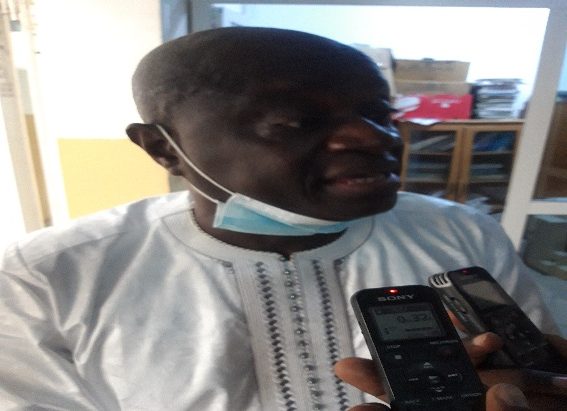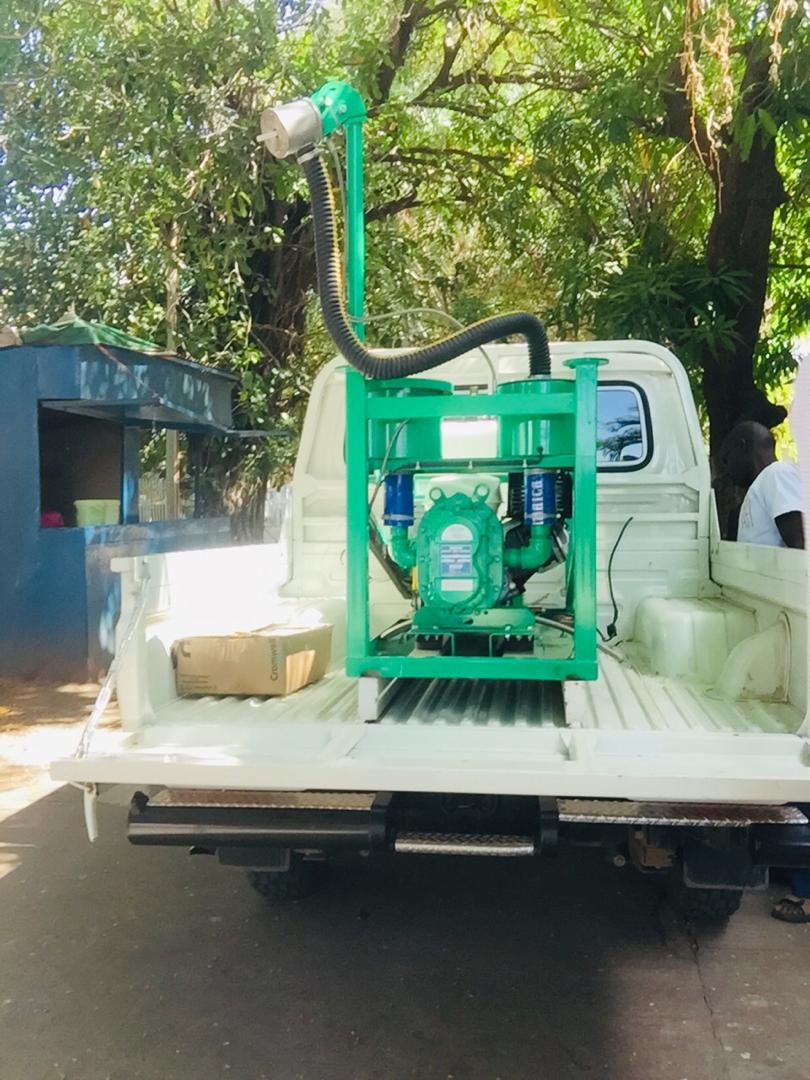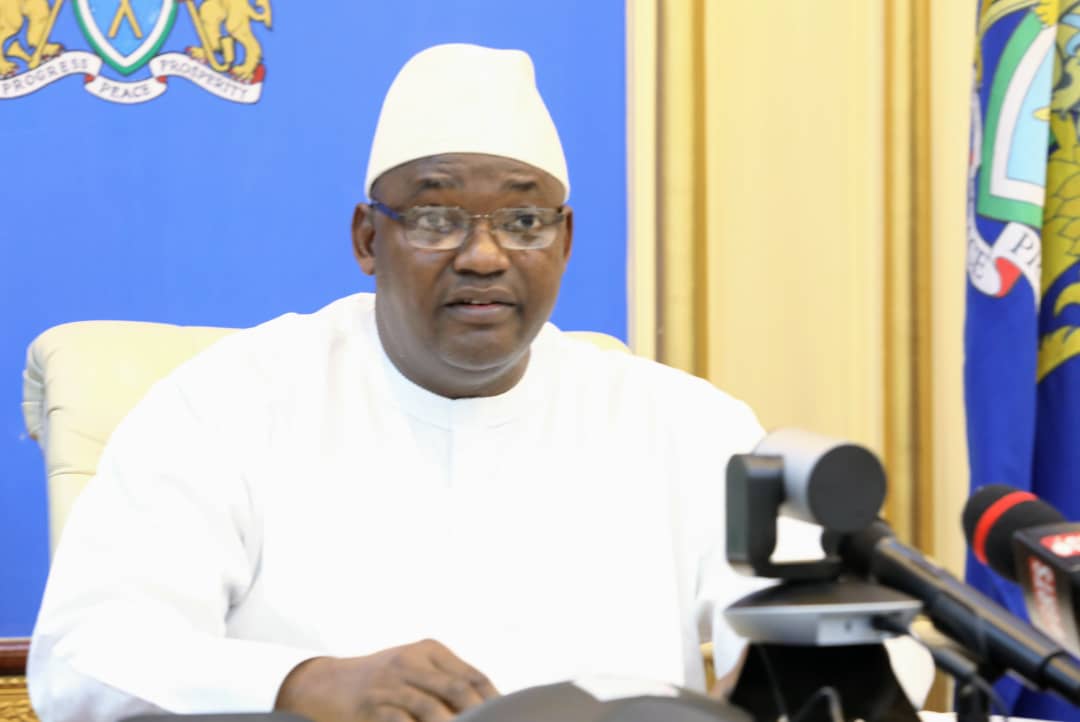By Adama Makasuba
A study by a Ghana-based firm on the impact of Covid-19 impact on the natural resources sector has shown that the tourism and fisheries in The Gambia are badly affected by the pandemic.
Isodal has been conducting a similar study in Liberia, Sierra Leone, Ghana and Nigeria that seeks to know how the coronavirus pandemic has affected the tourism, fisheries, and the economics raging from unemployment and wages.
The firm also did such assessment on the business sector particularly the small-scale and medium size enterprises and households in the natural resources sector.
Speaking to reporters at the validation programme held at the National Nutrition Agency, Lamin Nyabally, a consultant for the firm, said the restrictions of coronavirus aimed to curb further spread of the virus played a ‘great’ disruption of growth within the sectors.
“Measures that are put in place like handwashing, wearing a mask, social distancing. So that alone was a great impediment to movement. So when it happened, we realised [at] some point so many fishermen left The Gambia especially those fishermen at the coast,” he said.
He also linked the high cost of fish at the time to scarcity of fish in the market as a result of fishermen taking breaks for fishing to help curb the spread of the virus.
Mr Nyabally said those in the fish production and marketing “were badly affected in terms of opportunities, sales, distributions, income and profitability.
Meanwhile, Mr Nyabally said: “the same thing goes to those who are in the craft, women and men in the tourism sector [is] the same thing they have gone through.”
He said during the closure of borders that no tourists were coming and hotels were not functioning as expected, adding “there will be hotels but there will be rare employment because tourists are not there [and] that has affected the industry to the extent that so many thousands lost their jobs.”
It brought together government ministries including the ministry of fisheries, tourism and health as well as NGOs.




